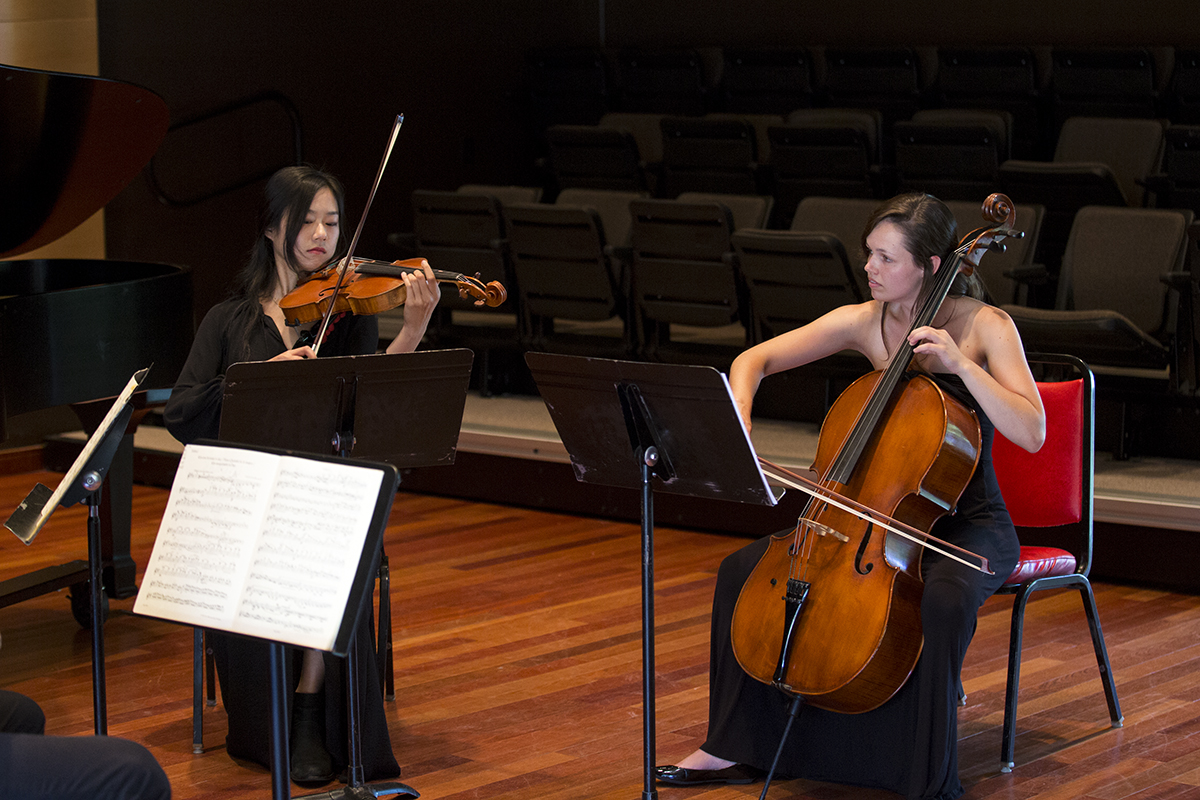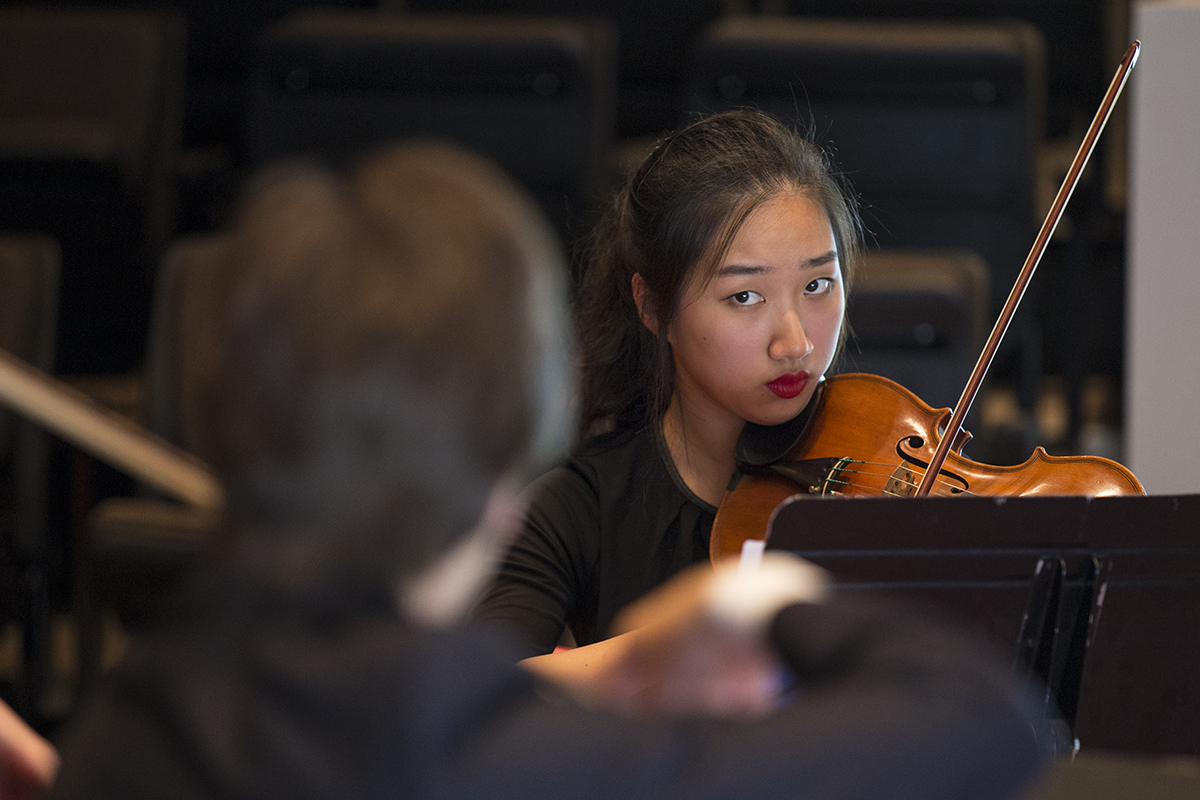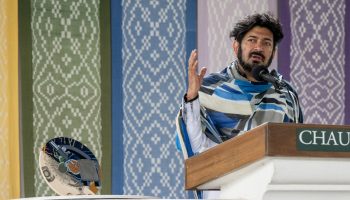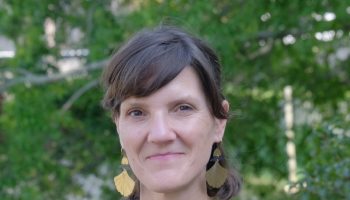A group of chamber musicians is kind of like a marriage. Sometimes they work out great, sometimes they pose more of a challenge. Either way, it’s a team effort.
At least, that’s what chair of chamber music Arie Lipsky said about the Music School Festival Orchestra and Piano Program’s more intimate exercise of the season.
During Weeks Four and Five, the MSFO takes a break from its daily rehearsals for Monday concerts, and turns its attention on groups of two to six students and a classical repertoire to be performed in two phases.

Phase One entails a recital of a piece in Mcknight Hall, performed as a group. Concerts are held at 2 p.m. daily through Sunday at McKnight Hall. Each chamber group is formed by Lipsky, who starts figuring out who belongs together, from the start of the season.
“When students come in, I listen to them all to get an idea of the level they have in chamber music,” Lipsky said. “They are assigned a piece, but each player has a say in its interpretation.”
In a small ensemble, the players do not work with a conductor, so the group must work together to form a vision. Guidance will come from daily coaching from faculty.
“It’s a great way for the students to really get to know each other,” Lipsky said.
He said chamber groups show young artists how to analyze their music and develop the vision they come up with. Spending time on this, he said, builds a well-rounded musician.
“It’s interesting to see the synergy,” he said. “This whole thing is meant to educate them.”
Chamber groups will move to Phase Two next week, splitting up into sections such as string quartets and woodwind quintets. They will have seven to 10 days on a specific work before they perform.
Phase Two, Lipsky said, is more in-depth. The string quartet, he said, has the biggest repertoire.
“It creates a very intimate setting,” Lipsky said. “The students will either meet their spouse, or won’t be able to stand their group.”






